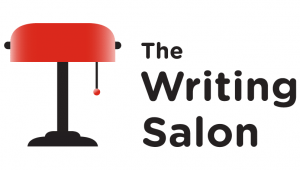 5 Sundays, November 6 – December 11, 7-9:30pm
5 Sundays, November 6 – December 11, 7-9:30pmSkip November 27
It’s easy to forget, but poetry belongs to the body. Often, our senses know how to respond to a poem’s power before our minds can work out its exact meaning. Maybe this is what Emily Dickinson meant when she said that poetry began for her as a physical thrill.
Instructor Nate Klug says, “In this class we will remain true to poetry’s roots in physicality, by exploring how form relates to and inspires feeling of all sorts…from goose bumps to lump-in-your-throat sadness to contagious joy.”
“During our five weeks together, we will write our own poetry while focusing on several elements of the lyric poem—sound, metaphor, voice, and syntax. I will provide examples that help you learn to identify and employ these sometimes intimidating elements. Together, we will figure out how these formal parts work together in good poems, and we will begin to use them in our own writing. Trusting our senses, we won’t be afraid to read out loud, laugh suddenly, or get choked up.”
Participants will come away with several new poems. They will also gain exposure to the wide variety of lyric poetry being written today. First-time poets are welcome, as well as those with more experience.
Nate Klug is a poet, translator, and essayist living in Berkeley. He is the author of Rude Woods, a modern translation of Virgil’s Eclogues (The Song Cave, 2013), and Anyone, a book of poems (The University of Chicago Press, 2015). His writing has been supported by the Poetry Foundation, the MacDowell Colony, and the James Merrill House.
